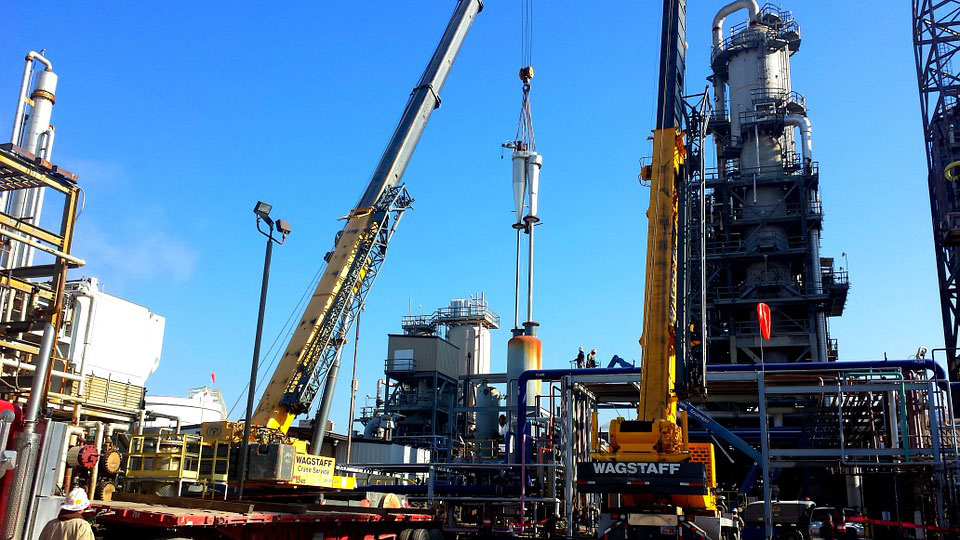Many oil and gas companies all over the world want to grow and expand operations. To achieve growth objectives, the oil and gas companies are taking advantage of favorable oil prices to launch many capital projects. However, there is need for the oil and gas companies to improve their capital-project performance if they are to be successful in a changing competitive environment. Recently, there has been an explosion of capital-project performance in oil and gas news. Ideally, the oil and gas companies need to improve capital efficiency by balancing production time with development costs.
Borrowing a leaf from strategies used in other industries can significantly help the oil and gas companies to enhance their capital-project productivity. For instance, applying digital technologies and management practices can go a long way in boosting capital-project performance. Practices such as digitizing processes, implementing project production management (PPM), using advanced analytics and agile methods of working all have the potential to bring in incredible improvements.
If the oil and gas companies can effectively apply these practices in line with the needs of their unique environment, they can potentially realize up to 30% savings in costs.
Ways for Oil and Gas Industry to Improve Capital-Project Performance
Genesis oil and gas need for improved capital-project performance is their objective of growth. There are many management approaches and technologies that can effectively help oil and gas companies to improve capital-project performance. However, we find the following four approaches as having the highest potential to enable the oil and gas companies to improve on project delivery: implementing project production management (PPM), digitizing processes, using advanced analytics and agile methods of working.
 Source: https://pixabay.com/photos/refinery-industry-oil-rig-gas-fuel-513863/
Source: https://pixabay.com/photos/refinery-industry-oil-rig-gas-fuel-513863/
Using Advanced Analytics
Project data can provide useful information for the project teams of oil and gas companies. For instance, analyzed project data can inform on what factors improve performance in a project, and analysis of project data from inspection reports can effectively inform on which areas need quality improvements. However, many oil and gas companies are yet to take advantage of the usefulness of project data, probably because they are lacking a standardized process of capturing and storing data. Ideally, if the oil and gas companies implemented a standard process of capturing project data and storing it in a centralized repository so that it is readily accessible to all project teams in real time, it would make it easier for the project teams to forecast and mitigate issues related to schedule, quality, cost, and much more.
Adopting Agile Methods in the Front-End of Projects
Agile depends on small well-coordinated and functional project teams, quick learning, fast decisions, and common objectives to reach key decision points. It is faster than other methods of working, considering that it enables companies such as Genesis Oil and Gas to adapt quickly to changing competitive environment. With agile methods implemented in the front end of projects, like it’s done on new casino sites (where like and IT business, an agile method is required to deal with the ever-changing technologies and high pace), the project teams will be able to lock down decisions quickly as they go. Compared to other methods of working, agile practices have more potential to reduce project time by months, sometimes even years.
Conclusion
Therefore, if oil and gas authority companies want to improve capital-project performance, they have to scrap their conventional methods of operation and rewrite their rule books to include the practices highlighted herein. Practices such as project production management, digitizing processes, advanced analytics, and agile methods of working will enable the oil and gas companies to realize a boost in their capital-project performance.
What are your ideas on this topic? Share them with other readers below!
Author’s Bio:
Having worked in the oil industry for 5 years, Thomas Glare decided to pursue his talent of writing by covering essential topics from this industry for major publications. He knows the intricacies of the oil and gas world and is able to go above and beyond to prove his point.






